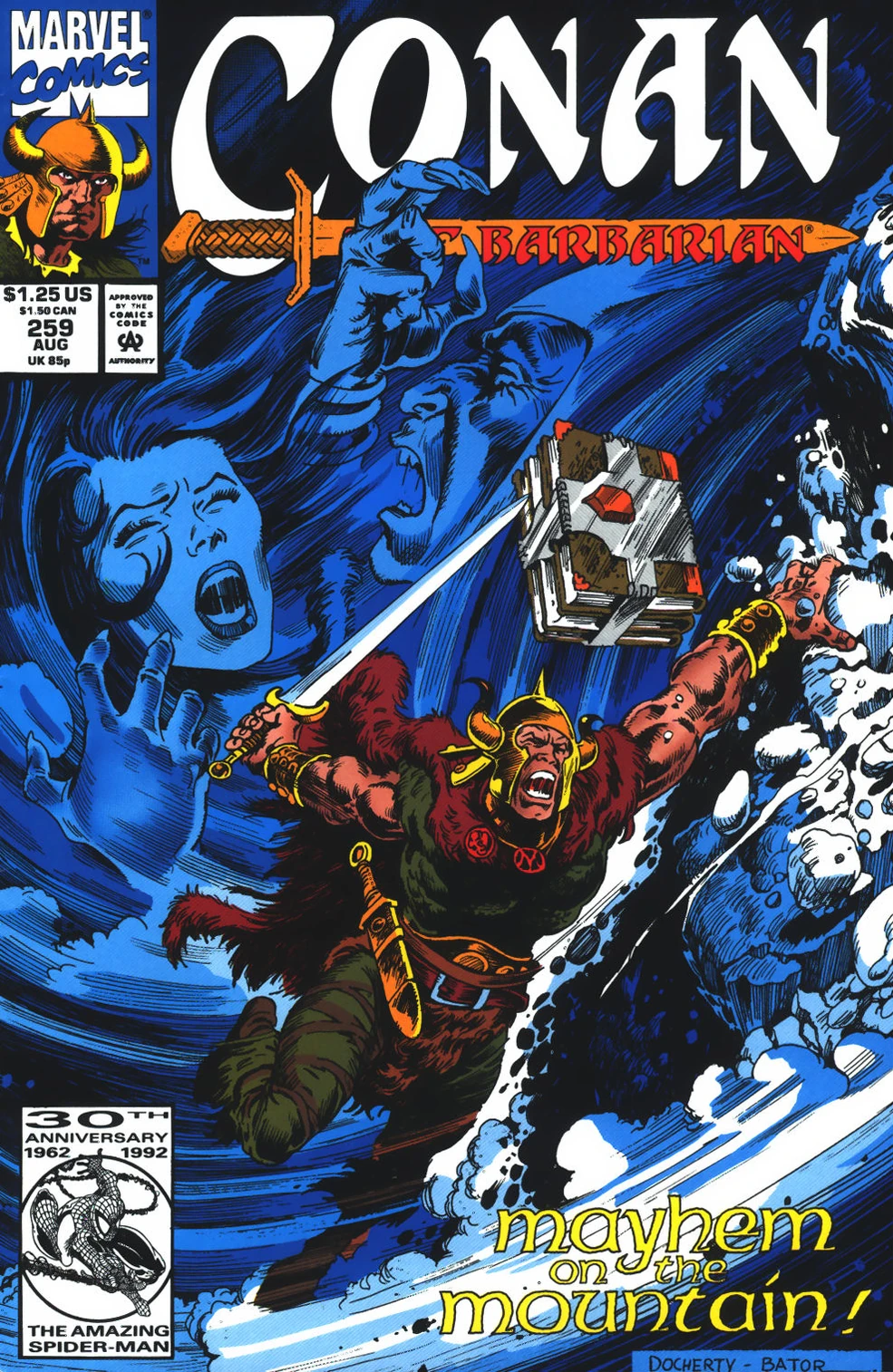
Introduction
The term ‘barbarian’ has evolved significantly throughout history, often used to describe groups perceived as uncivilised or outside the mainstream cultural norms. Understanding this term is crucial, as it reflects not only historical attitudes but also current perceptions of cultural differences. In today’s context, the concept of barbarians represents not just a historical significance, but also a lens through which we can examine socio-cultural dynamics.
Historical Context
Historically, the word ‘barbarian’ originated from the Greek word ‘barbaros’, used to denote those who did not speak Greek. The Romans later adopted this term as they came into contact with various tribes beyond their empire, including the Goths, Vandals, and Huns. These groups were often depicted as warlike and uncultured, contributing to their nuanced legacy, which ranges from ruthless raiders to sophisticated societies with rich cultural practices. The fall of the Western Roman Empire in AD 476 is frequently attributed to the invasions by these so-called barbarians, marking a significant shift in European history.
Barbarians in Popular Culture
In contemporary culture, the idea of the barbarian has been reimagined through various media such as literature, film, and video games. Works like “Conan the Barbarian” and video games like “Age of Empires” depict barbarians as formidable warriors but often romanticise their lives, reflecting modern interpretations of their historical significance. Their portrayal varies from feral and violent characters to misunderstood outsiders fighting against oppressive regimes.
Current Relevance
Today, the term ‘barbarian’ has also surfaced in discussions around nationalism and cultural identity. The rise of globalisation has revived debates about ‘civilised’ versus ‘barbaric’ practices, often in inappropriate or derogatory contexts. This binary often misrepresents the complexities of cultural interactions and makes it essential to approach discussions about cultural differences with nuance and sensitivity.
Conclusion
Understanding the evolution of the term ‘barbarian’ allows for a deeper exploration of historical narratives and cultural perceptions that continue to shape society. As global interactions increase, recognising the diversity and unique qualities of all cultures rather than labelling others as ‘barbarians’ becomes crucial to fostering a more inclusive world. The concept serves as a reminder of the necessity of empathy and understanding in our increasingly interconnected society.
You may also like

The Importance of Pubs in British Society and Their Resurgence

The Unique Biodiversity and Culture of Madagascar

The Life and Legacy of Freddie Scappaticci
SEARCH
LAST NEWS
- Remembering Wendy Richard: The Promise to Co-Star Natalie Cassidy
- How Did Anglian Water Achieve an ‘Essentials’ Rating for Mental Health Accessibility?
- Shai Hope Leads West Indies in T20 World Cup Clash Against South Africa
- What We Know About Weston McKennie: Future at Juventus and Past at Leeds
- What We Know About the Upcoming Live Nation Antitrust Trial